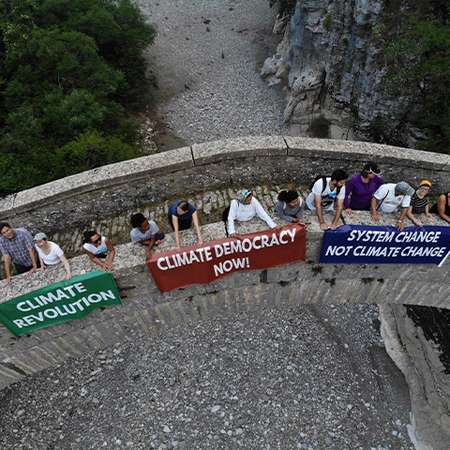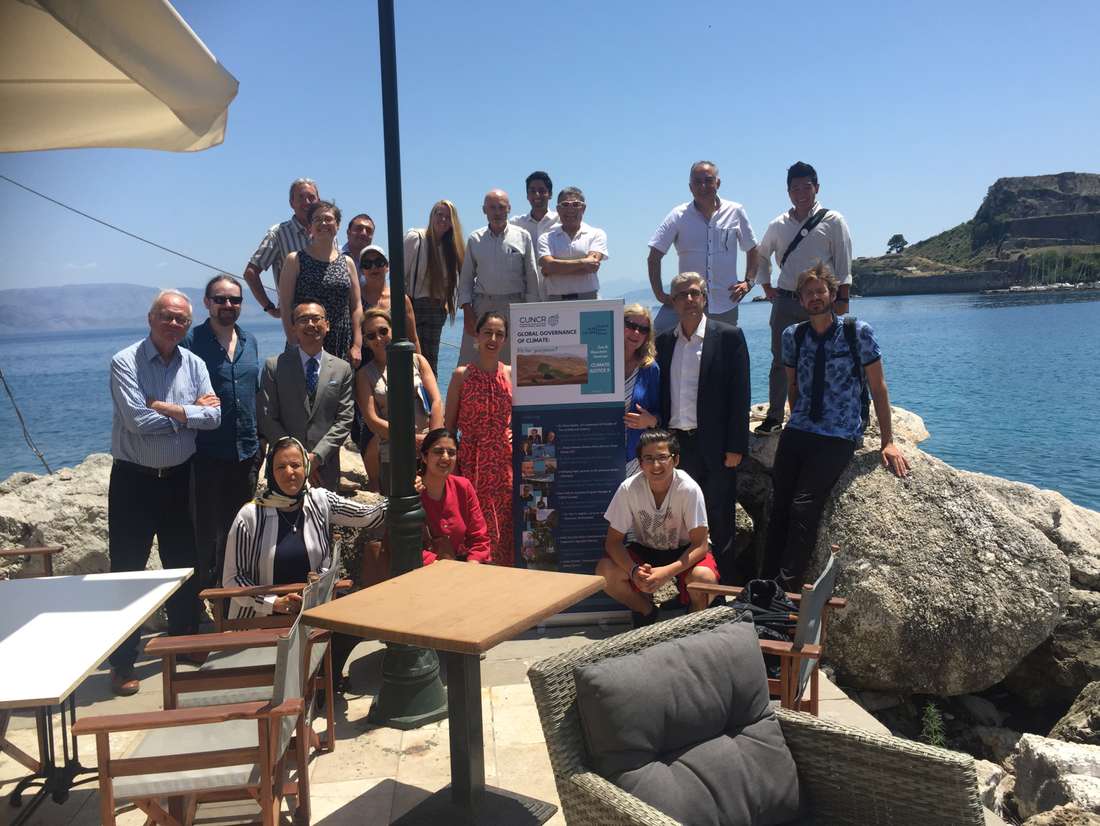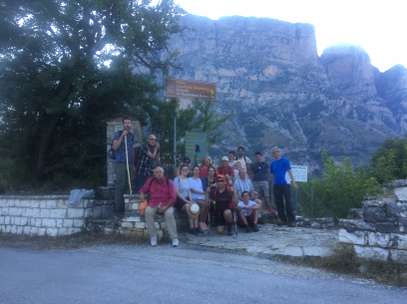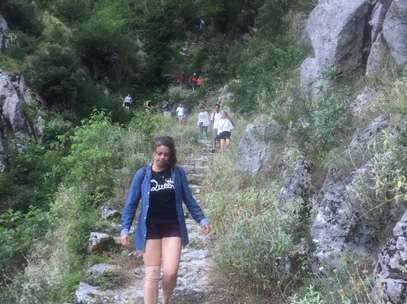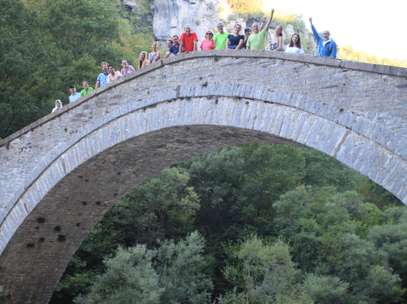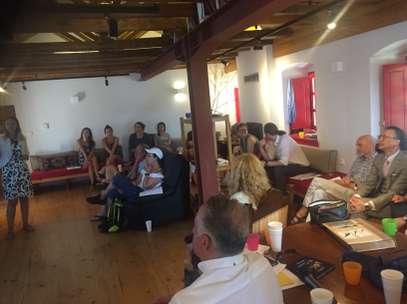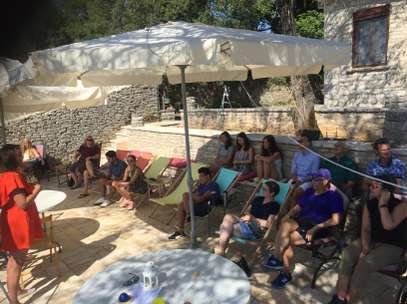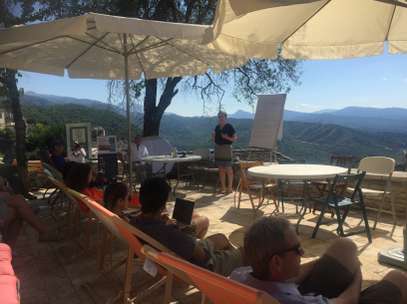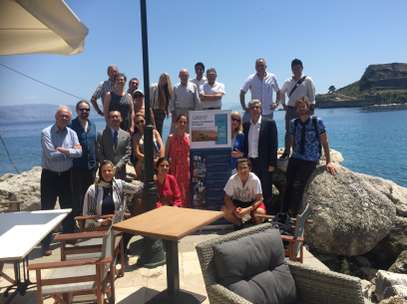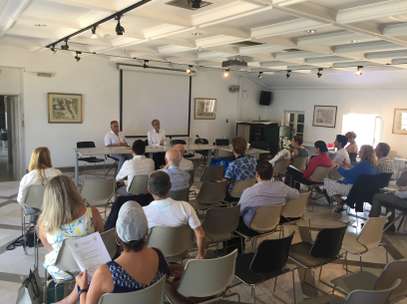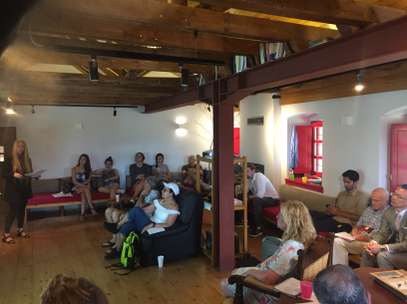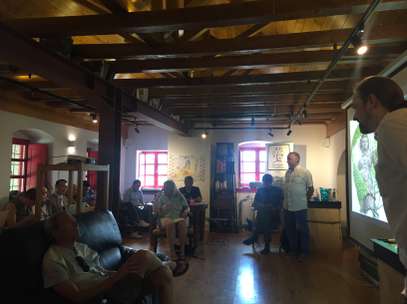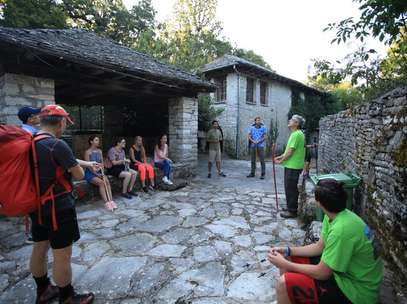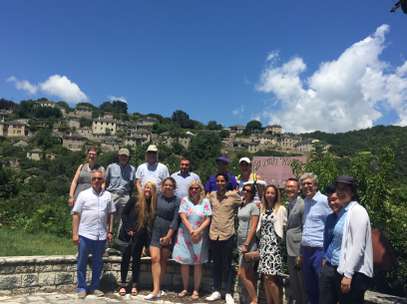The presentations at the 2018 Climate Justice Seminar focused not only on the failures of the current climate management structure, but also on the emerging successes of efforts to reverse this situation and strengthen the influence of local carbon emission policies. and in efforts to take massive human action to tackle climate change. From both a supranational and a sub-national perspective, it is becoming increasingly clear that the current strategy of allowing national governments to pursue their interests solely and not necessarily in the overall, global interest in guiding policy for the climate is inefficient and inadequate.
After a series of presentations that addressed these concerns about global governance from different perspectives, we held a workshop to further discuss current climate governance issues and their possible solutions, while another group addressed similar questions. on specific studies and cases for water safety. The seminar ended with a presentation given in plenary by Dr. Sharei, Executive Director of the body (CUNCR). This presentation summarizes the structural gaps in our current system of global governance and explains how these weaknesses have a direct impact on our global effectiveness and our readiness to tackle climate change issues. It has also begun to identify some key governance changes that need to be made to address these issues. Starting at this point, the whole group of participants compiled a complete list of steps to be taken, as shown below:
ACTION POINTS
1. Integration of the environment and human rights in the Charter (UN constitution) (Addition of an international human rights law to be incorporated in the Charter).
2. Global citizen representation and legislation to address the democratic deficit of current global governance. Establishment of a World Parliament or a United Nations Parliamentary Assembly (UNPA).
3. Establishment of an international judiciary and environmental court.
4. Standardization / promotion of institutional social responsibility (companies, non-governmental organizations, including NGOs and mass media).
5. Establishment of a UN Global Science / Research Fund.
6. Expand and promote the exchange of best practices and training.
7. Continuous global education through schools, defense teams, NGOs, etc.
8. Review of the effectiveness of the Global Climate Fund (adjustment, mitigation and losses / losses).
9. In the name of climate justice, develop a path to sustain climate change at an increase of 1.5 degrees C, with automatic actuators for additional climate action if we fail to meet this obligation.
As a team, we will start designing Climate Justice III to develop these elements of action. Continuing our approach and cooperation is crucial to improving global environmental governance capable of tackling current and forthcoming climate change issues.
SPEECHER PRESENTATIONS - BRIEFS
(Recording chronologically)
Nikos Giannis (Greece). Dissemination of Proposals by Governments to Citizens: The Reform and the Future of Climate Policy. Climate change must be undertaken at all levels of government, from better international leadership to individual responsibility for less abuse.
J. Drake Hamilton (United States). US Climate Justice Action: Deep carbon sequestration at the US subnational level. Minnesota's deep carbon emission policies are effective, have far-reaching benefits to the community, and are not government-based to be successful.
Wouter Veening (Netherlands). Achieving climate justice in a fragmented world: breaking the cycle. Climate justice requires strong global governance, both in power and in time. Right now the world order is collapsing at a cost to the climate, politics, diplomacy and the value of collective action.
Kelci Wilford (Canada). What climate change? What have we done on the planet, what should we do now and what will happen if we do not do it. Man-made climate change is real and urgent action is needed.
Otto Spijkers (Netherlands). The Urgenda case: A successful example of public interest solutions for the protection of the environment. The case in which a civil society group successfully demanded from the government.
 11°C
11°C
